The design research
In this era of climate emergencies, Regenerative Practices – a movement largely based on how humanity can act as stewards of our land and nature, have reemerged in the mainstream since the turn of the millennium. However, while they are increasingly adopted in the agriculture and building industries, there is little education about what they entail. Therefore, in this research, Phyllis embarks on unravelling the complexity of regenerative practices, exploring how their principles have the potential to prevent further climate destruction, and designing methodologies to transition towards an ecologically resilient future.
What is Regenerative Practice?
Regenerative Practice addresses the profound transformations needed by emphasising systemic shifts. This focus arises because our current economic models, driven by industrialism and rapid growth, ignore the intricate interrelations of our natural and human systems. Regenerative Practice encourages a comprehensive reevaluation and understanding between humanity and More-than-Nature. It addresses the fundamental flaws driven by exponential growth that lead to unsustainable resource use and environmental degradation. Thus, educating a mind shift towards holistic and sustainable solutions is indispensable. It is not a linear approach but an interconnected and long-term process that unlocks potential through individual inner change, leveraging place-based resources and deepening our relations with the natural environment.
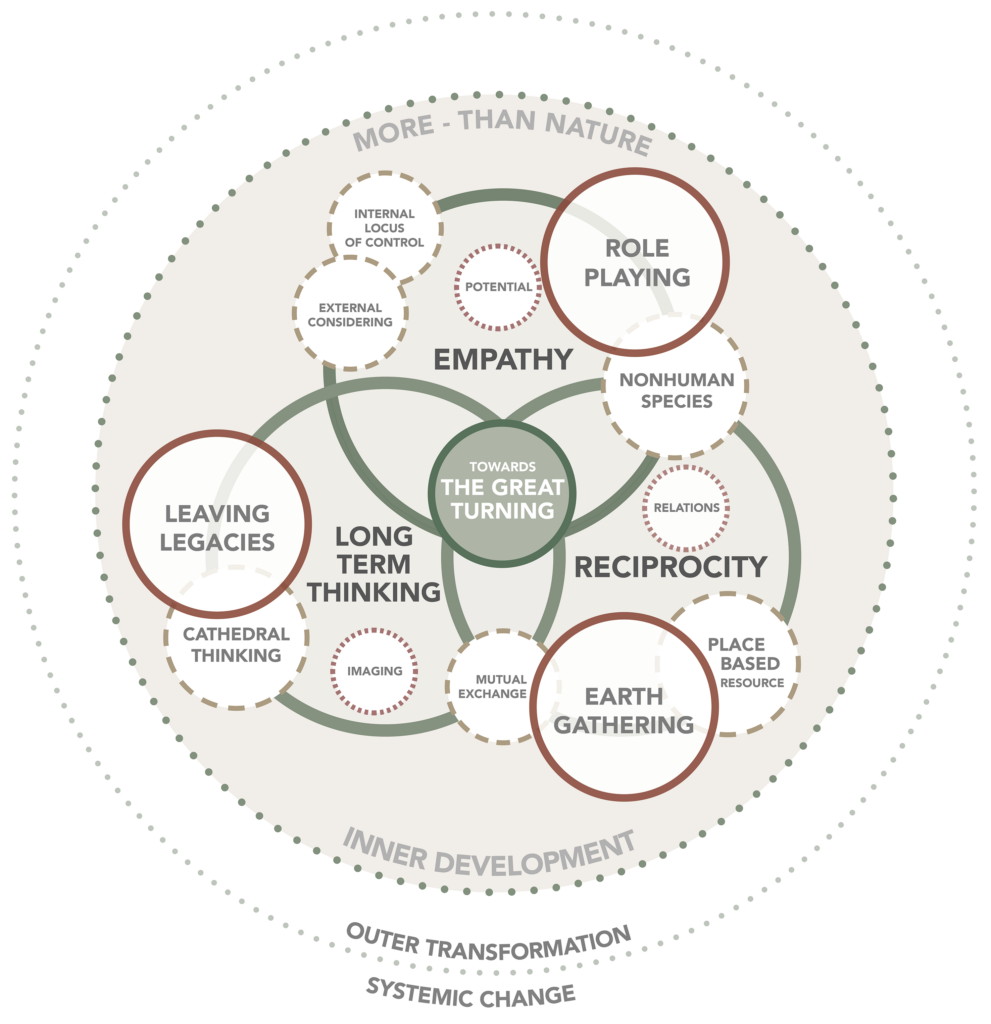
At the heart of Regenerative development lies the crucial understanding that one must initiate inner change and development to enact significant systemic changes in our external transformation (society). Simultaneously, while drawing from and analysing the works of various influential authors, a common theme emerges: the urgent need for our cognitive abilities to embrace new mindsets to enact life-sustaining differences within the intricate web of our living systems. Incidentally, the three most prominent cognitive concepts that highlight the practice of care are empathy, reciprocity, and long-term thinking.
The following sub-questions categorised by different themes of the research guided the process.
HOW CAN I DESIGN PARTICIPATORY TOOLS AND EXERCISES TO NARROW THE GAP BETWEEN HUMAN AND NON-HUMAN SPECIES?`
HOW CAN I DEVELOP REFORMED MENTAL FRAMEWORKS TO UNLEARN OUR COGNITIVE SKILLS INFLUENCED BY OUR ECONOMIC SYSTEMS?
HOW CAN REGENERATIVE PRACTICE BE INTEGRATED AND ENHANCED INTO THE HIGHER (ARTS & DESIGN) EDUCATIONAL PROGRAM?
The Learning to (Un)learn model highlights the importance of cognitive transformation through the practice of care. It comprises a series of interconnected and participatory exercises. Participants engage with the framework, using designed instruments and tools to experience practical outcomes. By infusing affectivity or the influence of emotions, during the participatory process, they can cultivate deeper understanding and impact that resonate with individuals’ sentiments and experiences. This approach can stimulate the development of potential strategies and methodologies, addressing the root causes of societal issues and fostering substantial and enduring change.
Ultimately the goal of the framework is to generate a cumulative impact, fostering a transition towards a regenerative practice paradigm. This transition was evidenced in the semester projects of the student participants, where collaborative, sustainable, and innovative design within their communities played a pivotal role.
The new practice
As the integration of regenerative thinking into the education system remains limited, there is an urgent need to disseminate and elevate this crucial and transformative knowledge. Phyllis’ research formulated the framework of “Learning to (Un)learn,” which addresses how social norms shape our cognitive abilities and the need for alterations. She believes that this educational initiative should target not only the general populace but also younger generations, who represent our future stewards and innovators.
“The heart that breaks open can contain the whole universe”
joanna macy
Hence in the two-year design research journey, Phyllis has engaged on a wealth of exploration and investigations focused on understanding the mechanics of “how to apply” Regenerative thinking and practice. She has approached a list of experts in fields ranging from architecture to education, anthropology to cultural theory. At the same time, she was able to apply her learnings from this experience and diverse sources to iterate her findings with student participants from Willem de Kooning Academy.
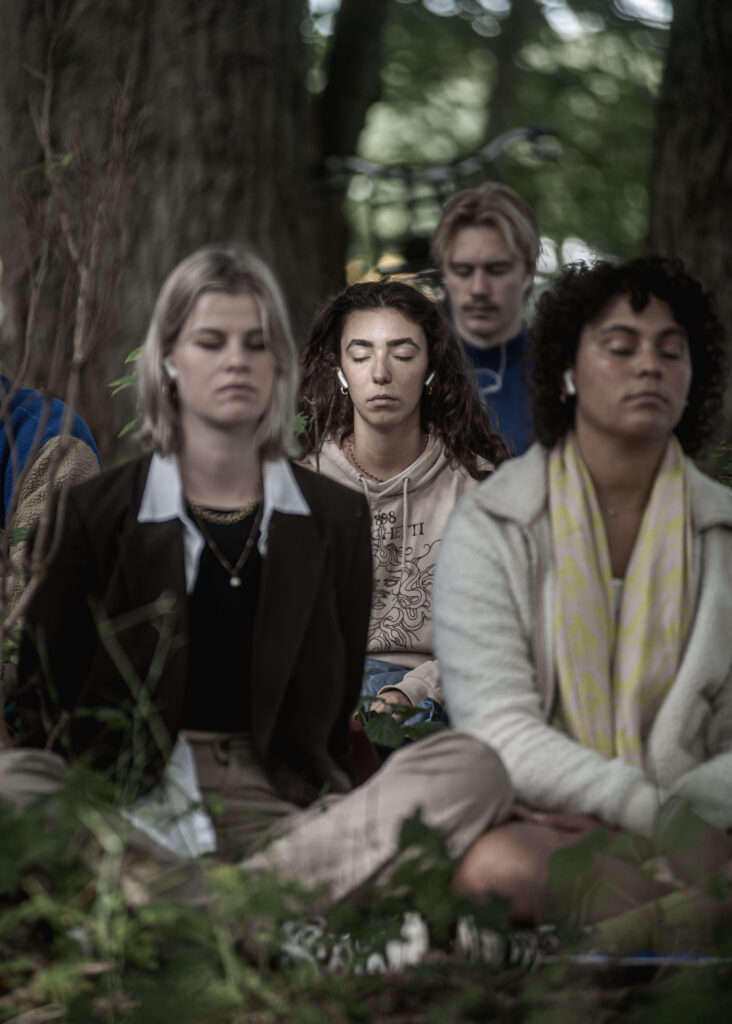
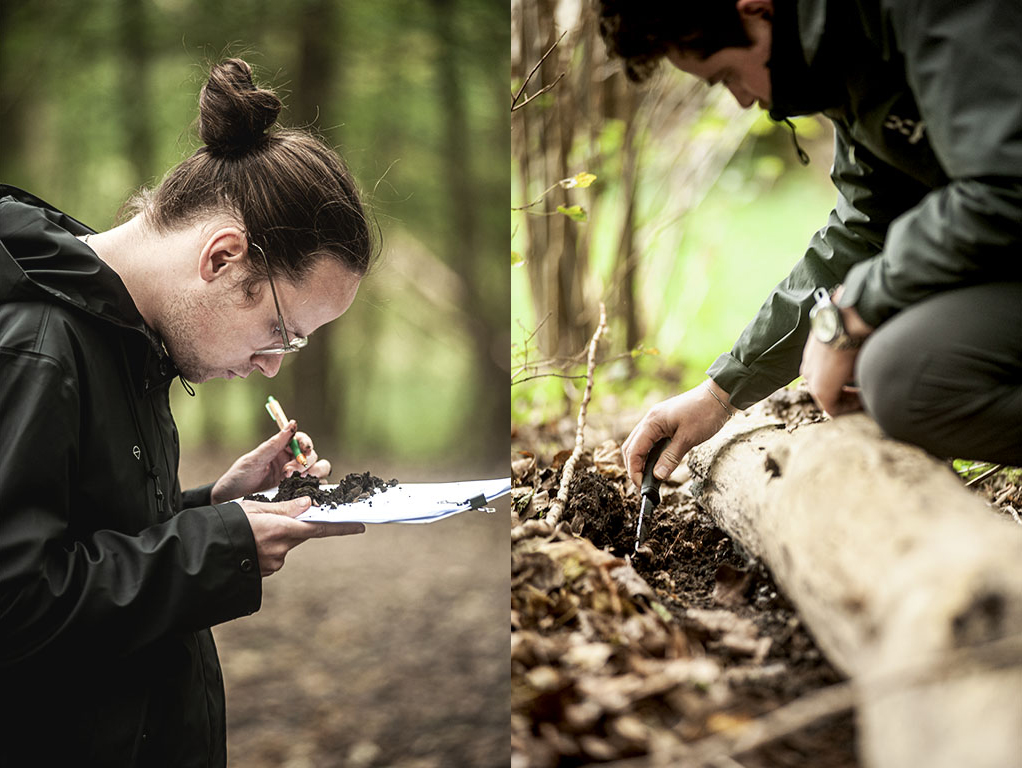
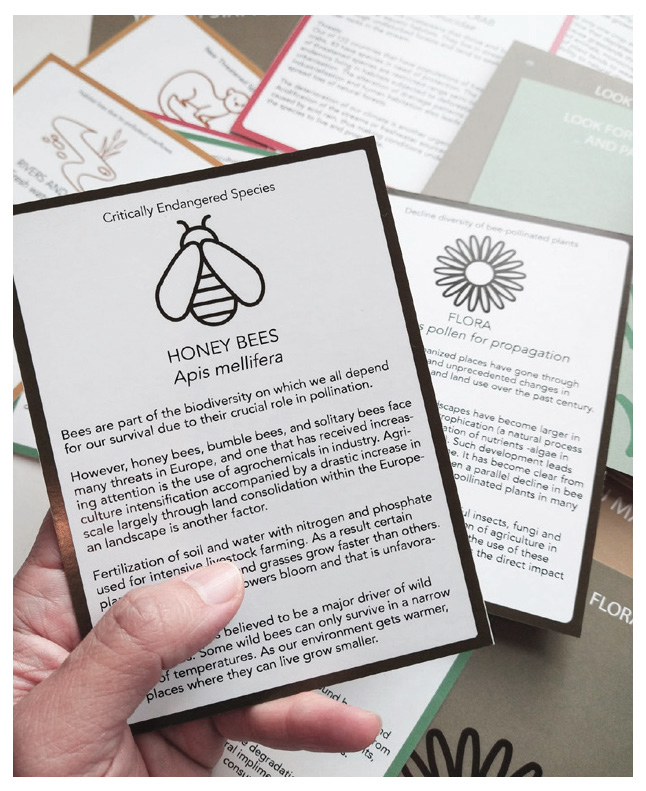
In her new practice, Phyllis wants to continue her pursuit as a Regenerative educator and researcher guiding transformative learning within higher arts and design education. Meanwhile, she continues to evolve this knowledge as a Regenerative consultant and practitioner, leading related projects where she furthers her guidance in the professional world.
the designer
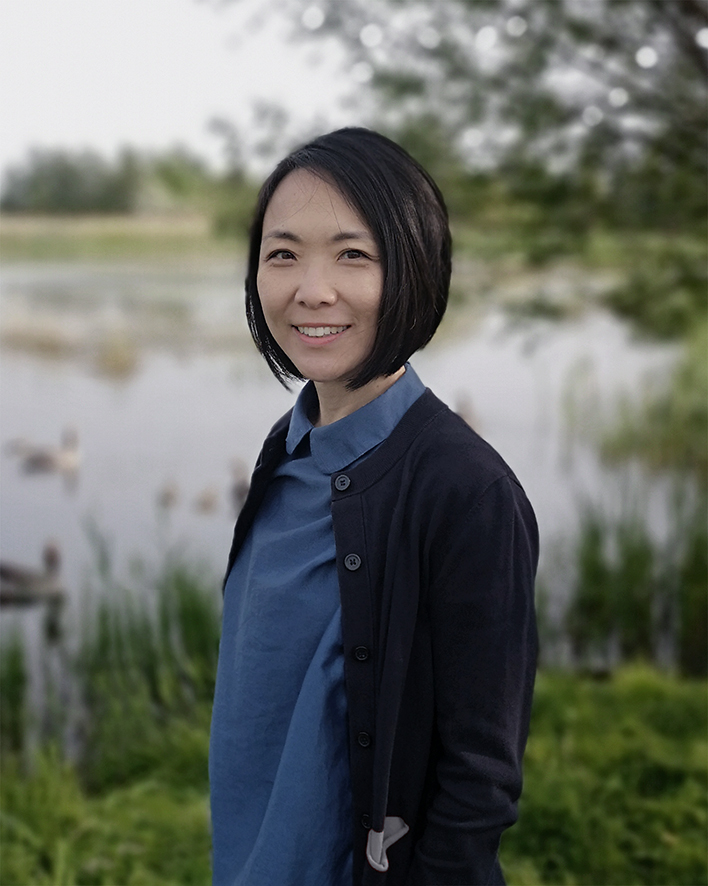
Phyllis is an architect, visual artist, place-maker and educator. She is a polymath, proactive thinker and meticulous designer. It is from her architectural experience that she developed her well-rounded interest in art, design and research fields where different knowledge and insights continue to inspire her.
“Yet all experience is an arch where through gleams that untraveled world whose margin fades forever and forever when I move”
alfred tennyson
Various collaborations emerged through the process of her studies and her network widened while some manifested into longer-term engagements in the urgent need to harness a collective effort to bring regenerative practice into the forefront of our daily lives.
Phyllis gained her credentials at Regenesis Institute (NM, USA) as a certified Regenerative Practitioner. She is a guest tutor at the Transformation Design major at Willem de Kooning Academy. She is also an external research member of the Regenerative Leadership research group at The Hague University of Applied Science. Co-initiated during her research studies, Phyllis led Compos(t)ing, a Regenerative Creative Practice Symposium, an inter-institutional collaboration between Willem de Kooning Academy, University of Arts Utrecht HKU, Academy of Theatre and Dance Amsterdam AHK, Centre of Applied Research for Art, Design and Technology CARADT and Nieuwe Institute. This event was held on April 10 2025 at Nieuwe Instituut.
To connect, collaborate, or acquire information for a talk or workshop on the baseline knowledge of what Regenerative Design entails,
contact studio@phylwong.com
www.phylwong.com




